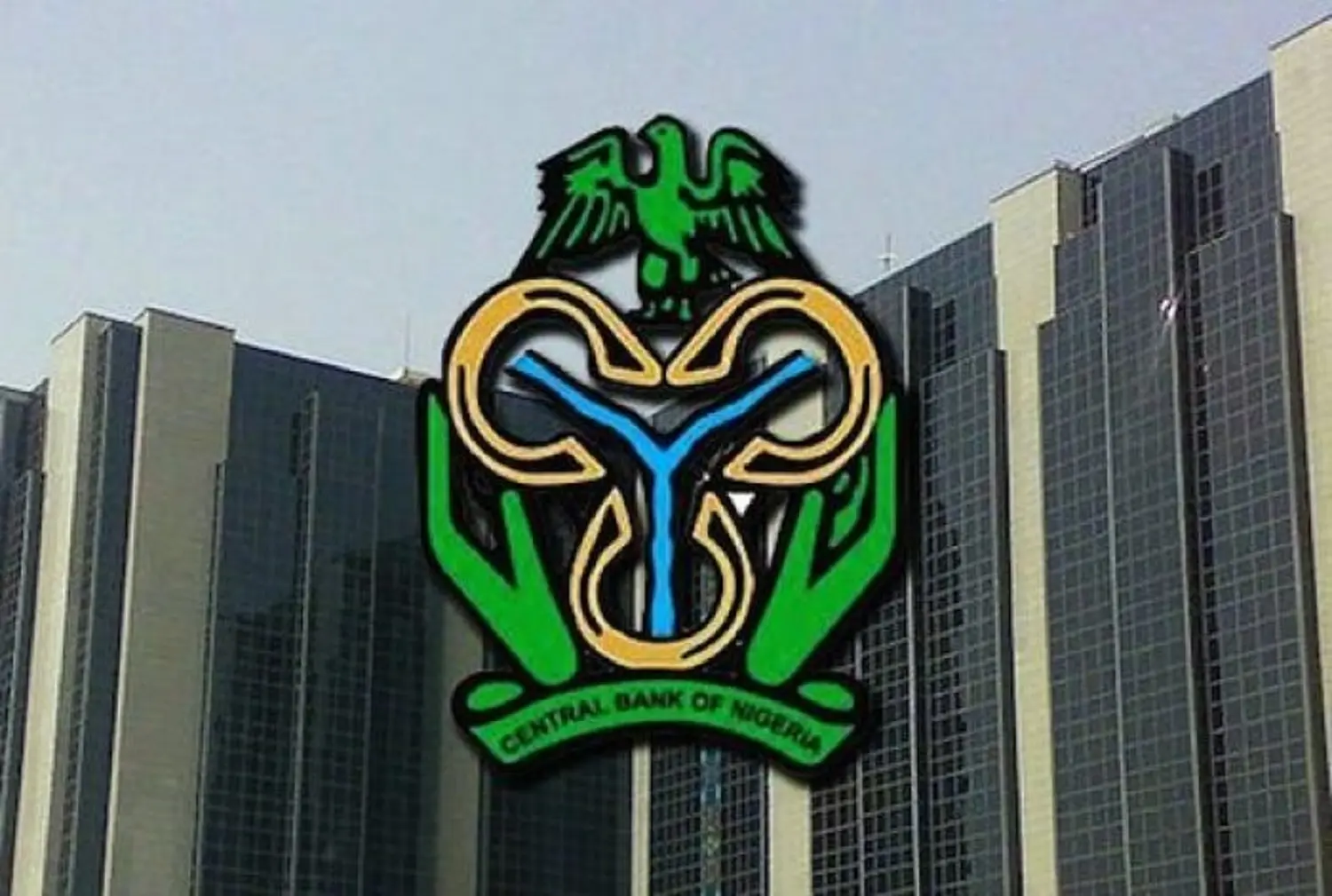The latest interest rate hike by the Monetary Policy Committee (MPC) of the Central Bank of Nigeria (CBN) surprised many people, including economists and other analysts, so much that some keen observers wondered in whose interest that decision was taken.
Against all expectations by those who understand the dynamics of the financial and monetary markets, the committee raised the Monetary Policy Rate – the rate at which the central bank lends money to banks – by 50 basis points. This effectively raised the MPR to 27.25 per cent.
It also raised the Cash Reserve Ratio of commercial banks from 45 per cent to 50 per cent, and merchant banks by 200 basis points to 16 per cent from 14 per cent.
Put together, these restrictive measures are aimed at reducing the volume of money available to the borrowing public from the banking system. The first measure – an increase in interest rates, achieves this objective by raising the cost of money or credit in the system. The second, the increase in the CRR, contributes to this same target by making credit scarce in the system as the central bank sterilises the specified fractions of deposits available to the banks.
- State of the economy: Dangote Refinery, MPR hike and matters arising
- FG targets more revenue from taxes as Tinubu sends 4 bills to N/Assembly
This raise-interest-rate, clamp-down-on-credit-growth approach has been the hallmark of the central bank under the current management headed by Governor Olayemi Cardoso. The CBN management has not hidden its conviction that the inflationary spiral that Nigeria is witnessing is necessarily a monetary phenomenon. That being so, CBN believes that effective inflation control can only come via a hawkish approach involving interest rate hikes and credit restrictions.
Thus, in pursuit of this philosophy, our central bank has upped the benchmark interest rate five times in nine months by a whopping 850 basis points. The hike continued at the September meeting, even though the MPC members observed relative stability and exchange rate convergence in the country’s volatile foreign exchange market, which they attributed to the previous hikes in the interest rate.
They also acknowledged that inflationary pressure had decelerated in two consecutive months, according to the National Bureau of Statistics. CBN hinged the latest increase on some key issues, as Governor Cardoso revealed in his statement at the end of the meeting. First, the members were convinced that more work is needed to be done to achieve the bank’s mandate of price stability. The members argued that though headline inflation had trended downwards due to a moderation in food inflation, core inflation had remained high, driven by the recent increase in the cost of energy. The members, according to the governor, were worried by the uptrend in core inflation because, in their views, it is an indication of the persistence of inflationary pressures.
The committee members also factored in the negative impact on the price level by the government’s fiscal activities, which led to an increase in the liquidity in the financial markets. In respect of this, they pointed out two issues: the rising level of fiscal deficit and the impact of the money flowing to the three tiers of government from the Federal Account Allocation Committee, FAAC. While the committee acknowledged the pledge by the government not to resort again to the abuse of the Ways and Means window, the time has come for a detailed look to be taken at the role of monthly FAAC disbursements.
These monthly allocations have, unfortunately, become a source of destabilisation in the nation’s financial markets. Cardoso told Nigerians that the committee members observed a strong correlation between FAAC releases and liquidity levels in the banking system, as well as its impact on the exchange rate.
Such strong statistical evidence cannot be taken as spurious or inconsequential. It demands a thorough investigation to ascertain how the allocations made in naira find their way to the foreign exchange market. This kind of behaviour by the fiscal authorities should not be allowed to continue.
Therefore, putting all these together, it is clear that the latest interest rate increase by the CBN is an error. There is nothing in the analysis of the issues raised by the MPC members that justifies the action. Rather than confront those responsible for the irresponsible behaviour, the central bank chose the easy way out and took an action that further imperiled the welfare of the already emasculated Nigerians. Those who formulate policies must do so with the full realisation of the trade-off each action implies. Raising interest rates because energy prices rose is at best a mockery of policy implementation.

 Join Daily Trust WhatsApp Community For Quick Access To News and Happenings Around You.
Join Daily Trust WhatsApp Community For Quick Access To News and Happenings Around You.

